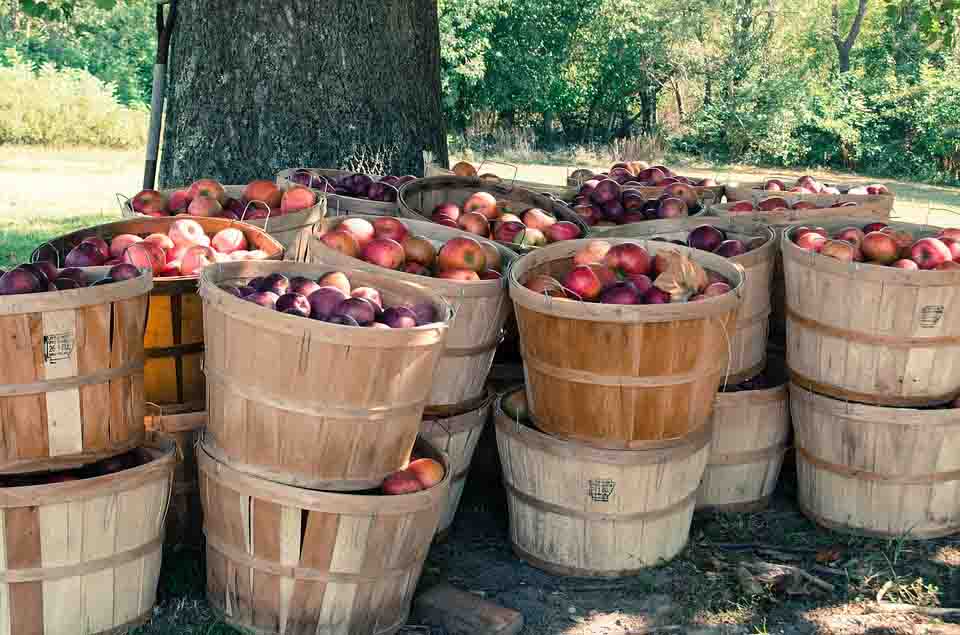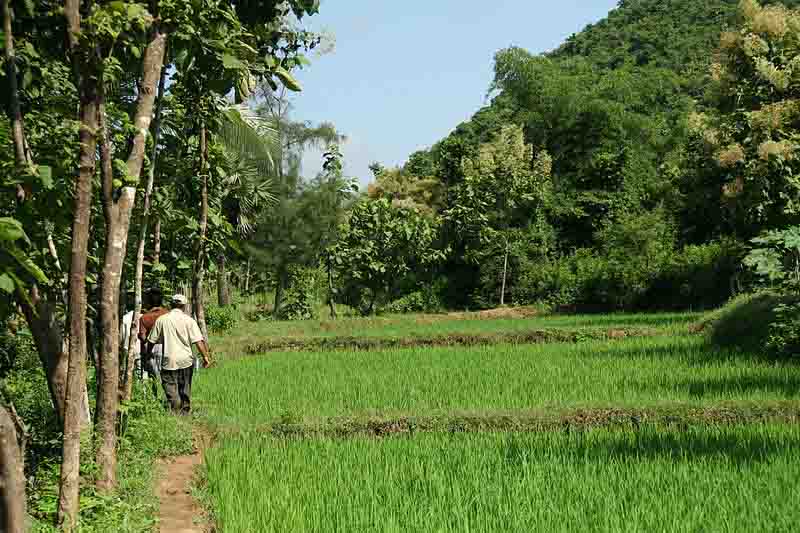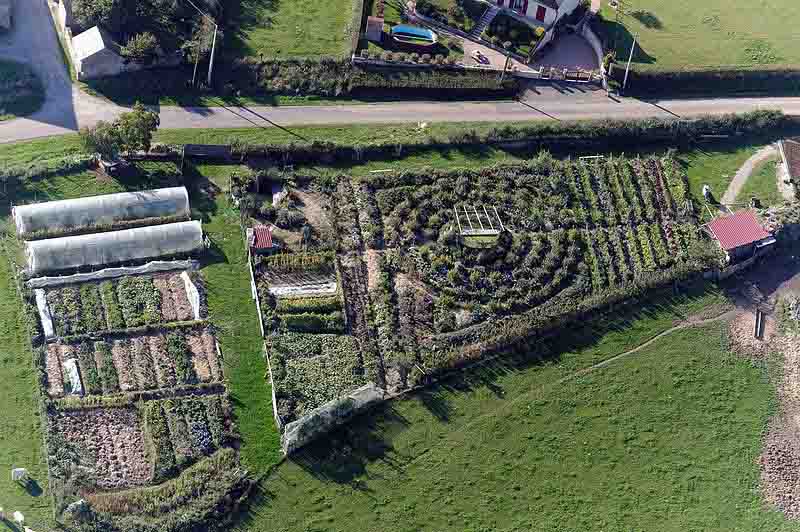Three of the focuses of my blog are Financial Literacy/Money, Business/Entrepreneurship, and STEM (Science, Technology, Engineering and Mathematics). Agriculture is a fascinating sector in that it merges business with the plant sciences, Botany and Ecology. In order do business in Agriculture, there are key terms that you need to understand. The following contributed post is thus entitled, 7 Words You Need To Understand Before Starting Up In Agriculture.
* * *
Agriculture is a thriving sector of the economy and currently going through enormous change. That means that there are big opportunities available to people who can see them.
But part of understanding any industry is knowing some of the jargon that people in that industry use to communicate with each other. Jargon isn’t pointless, as many people contend: it’s just a way of expressing shorthand with other people with a high level of knowledge of a particular subject. So what words should you know if you’re planning on setting up in the ag business? Let’s take a look.
Yield
If you grow your own crops, you need to understand the concept of yield. Yield, put simply, is the weight of crop produced, divided by the area required to produce it. Modern farmers will usually speak of “tons per hectare”, but old-fashioned metrics might include “bushels per acre” where a bushel is an imperial measure for a quantity of a crop. Visit this website to find out more.
Bushel

Speaking of bushels, what exactly are they? Bushels are just a unit of measurement for a crop, Traditionally, a bushel was 8 gallons of grain, but the weight of a bushel varies with the type of plant. Eight gallons of oats, for instance, weighs about half as much as the same volume of wheat.
Polyculture

Take a look at most modern farms, and what do you notice? The same crop is grown in all directions, mile after mile. But is this the best way to grow? Polyculture refers to the process of growing complementary crops next to each other, boosting the yield of both.
Seed Drill
Seed drills are pretty self-explanatory. Before mechanisation, farmers used to drill seeds into the ground mechanically using horse or cattle-driven ploughs. Today tractors pull seed drills along fields, allowing farmers to plant seeds at set depths and intervals.
Permaculture

Permaculture refers to a process of designing human communities so that food production and waste are closely linked. The idea is to recycle all of the raw ingredients of farming to create something sustainable.
Dry Farming
With freshwater supplies under threat worldwide, there’s a growing need for dry farming: or the practice of relying on rainfall and soil moisture alone, rather than irrigation. Traditionally, farmers relied on building channels that would transport water to their crops to keep soil moisture levels high. But dry farming is a far riskier process because farmers essentially don’t have any control over when it rains. Dry farmers tend to rely on hardy crops that can withstand water and nutrient depletion.
Herbicide-Tolerant
Weeds can reduce yields by outcompeting crops for resources: soil nutrients, water and sunlight. Farmers need to get rid of weeds, but that can be difficult. Killing weeds with herbicide is all well and good, so long as the herbicide doesn’t kill the crops at the same time.
Herbicide-tolerant crops are those which can survive treatment with herbicide. The weeds die, but the crops don’t – exactly what you want as a farmer.
So, are you ready to start up in agriculture?
